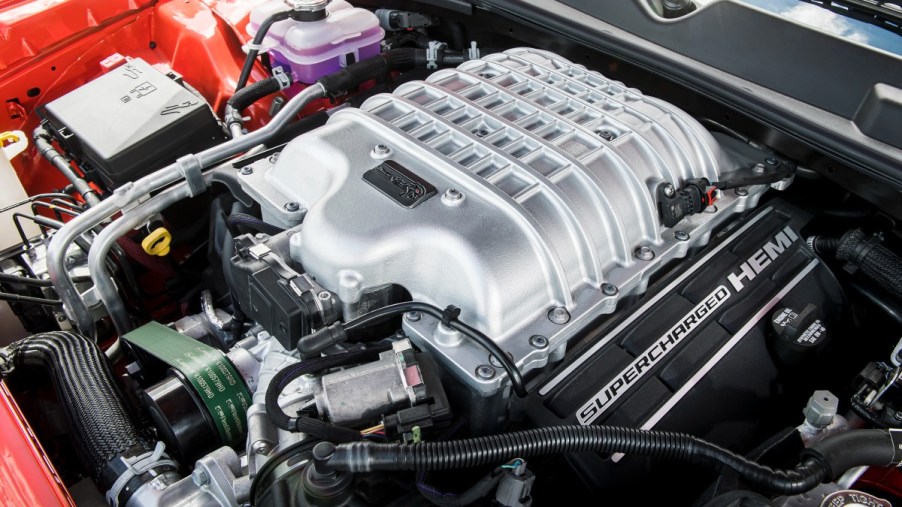
How Does A Supercharger Generate The Extra Power?
There are few sounds that a car can make that are as intoxicating as the whine of a supercharger. From the moment you press down the throttle, you will love the sound that comes from under the hood. More drivers are looking to enjoy a supercharger because of this sound and the incredible performance. But, the big question behind this is how does a supercharger work?
Three types of superchargers to consider
There are three different superchargers available, and each function slightly differently but with the same goal in mind. Create more power and performance. This goal will ensure you can enjoy an exciting ride that will keep you enjoying the most impressive performance possible. All three designs create power relative to the engine’s rpm. That means the higher the rpm, the more power is produced.
Roots-type supercharger

The first type of supercharger is a Roots-type supercharger. This design dates back to the 1860s and is the most common type of supercharger offered. The whole idea behind a supercharger is to force more air into the engine and, in turn, create more power. Roots-type superchargers utilize two different rotors on the inside that counter-rotate to pump the air into the engine. These are the most common because of their reliability and ability to create positive boost pressure.
This relatively simple design has some flaws, such as the extra heat created, but that issue can be negated with an intercooler.
Centrifugal supercharger

The centrifugal supercharger is very similar to a turbocharger when it comes to looks. But, unlike a turbocharger, this supercharger is powered by a pulley driven by the crankshaft. This supercharger, like a turbocharger, will bring air into its compressor housing, and as it goes through the housing, it slows down but increases in pressure. This creates the boost pressure, which in turn creates additional power.
Like other superchargers, this design has some flaws, such as the fact that they do not offer the same amount of power in the low end of the powerband. But, they are pretty popular on the aftermarket because they are much more compact.
Twin-screw supercharger

The final supercharger offered is the twin-screw supercharger. Twin-screw superchargers are, in a way, a combination of the two superchargers above. A twin-screw supercharger utilizes two “screws” to compress the incoming air as the counter-rotates. The compressed air will allow this supercharger to create near-instant power when you press down the throttle. Additionally, you can hit full boost quickly and at low rpm.
The main downside to this design is that a twin-screw supercharger is much more expensive. The labor, expertise, and precision to manufacture these parts are quite high. Furthermore, a twin-screw turbocharger is quite large.
How do superchargers work?
Because there are three different designs, each one does work slightly differently, as noted by fastford. But, fundamentally, all three work to do the same thing. They work by pulling in air, compressing it, and when added with fuel, can create much more power. With more air added, more fuel is required, making it so that you will enjoy much more power. Additionally, these superchargers also require the engine to be running to perform. Because of this, they do lose some performance, but if paired with a battery, some power can be retained.
Superchargers offer you impressive power

Superchargers are the choice for drivers because of their incredible performance. When a supercharger is standard equipment, drivers will enjoy a much more lively ride right away. This makes a supercharger an excellent choice for smaller engines to make sure they can enjoy just a bit more performance and confidence.


